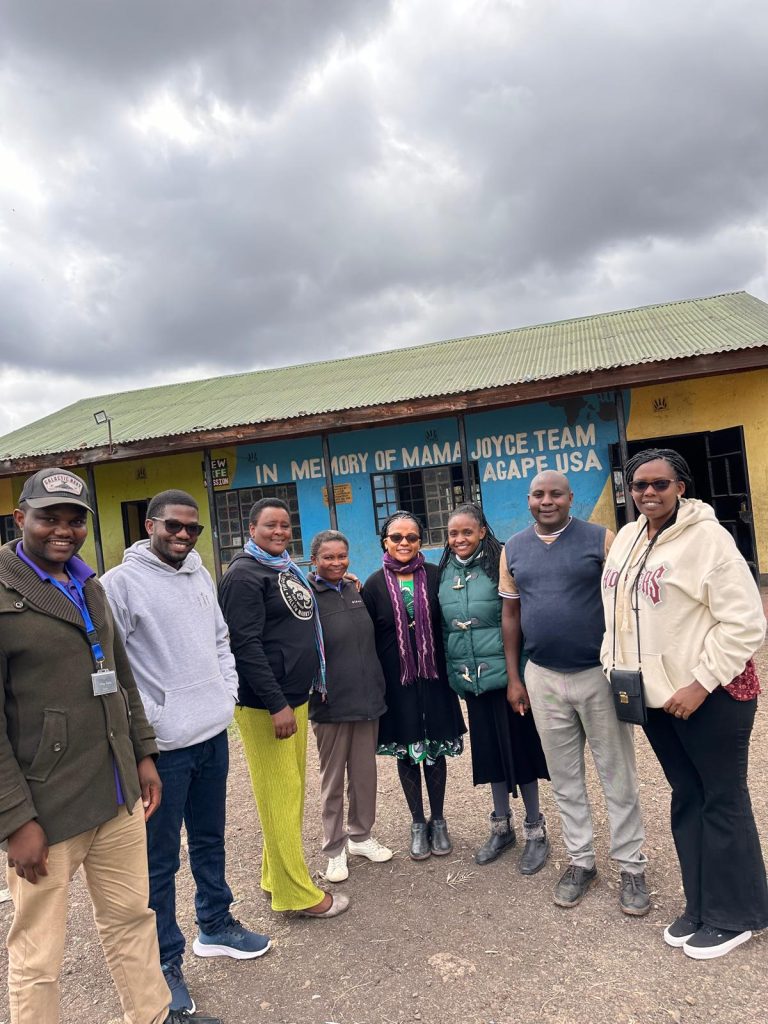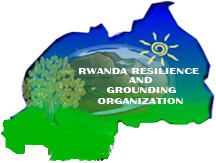
 From August 18th to 27th, 2024, Samuel Habimana and Euenie Baziki, members of the Rwanda Resilience and Grounding Organization (RRGO), participated in an intensive Families, Schools, and Community Engaged Together (FASCET) training program in Nairobi, Kenya. This training, held at the Adventist University of Africa (AUA), was initiated by the trauma team from Loma Linda University’s School of Behavioral Health. Leading the program were Professor Lister Zephon and Dr. Susanne Montgomery, who introduced the FASCET project, a program designed to enhance mental health and resilience in schools across Kenya and Sierra Leone. The RRGO members participated in this innovative project and explore the necessary ways to potentially bring this impactful program to Rwanda schools.
From August 18th to 27th, 2024, Samuel Habimana and Euenie Baziki, members of the Rwanda Resilience and Grounding Organization (RRGO), participated in an intensive Families, Schools, and Community Engaged Together (FASCET) training program in Nairobi, Kenya. This training, held at the Adventist University of Africa (AUA), was initiated by the trauma team from Loma Linda University’s School of Behavioral Health. Leading the program were Professor Lister Zephon and Dr. Susanne Montgomery, who introduced the FASCET project, a program designed to enhance mental health and resilience in schools across Kenya and Sierra Leone. The RRGO members participated in this innovative project and explore the necessary ways to potentially bring this impactful program to Rwanda schools.
The FASCET Program: Building Resilience Through Community Engagement
The FASCET program is a low-intensity, guided self-help resilience initiative based on the Community Resilience Model (CRM) and evidence-based relationship education. It is designed to help children and families manage adversity, interpersonal challenges, and trauma-related stress. By equipping educators, students, and parents with tools for emotional regulation and resilience, FASCET creates a supportive network for children both at home and in school.
Training Highlights: Learning to Implement FASCET in Schools
During their time in Kenya, Baziki and Habimana underwent rigorous training, learning how to implement the FASCET program in educational settings. The week-long training was practical and hands-on, providing them with the skills to train fellow RRGO members upon their return to Rwanda. A key focus of the training was how to effectively engage teachers, parents, and students to create a environment that supports children.
As part of the training, Baziki and Habimana had the opportunity to practice what they learned in two schools: Advent Hill Primary School and Alap Moo Public Primary School. In these schools, they worked directly with teachers, parents, and students, learning how to train them in FASCET techniques to support Teaches ‘s mental and emotional well-being. How can teacher effectively enhance well-being g of students. This experience underscored the importance of integrating school and home environments in fostering resilience.
Expanding FASCET to Rwanda: A Vision for the Future
The knowledge and skills gained during the training in Kenya have prepared RRGO to introduce the FASCET program in Rwanda. The goal is to build on RRGO’s existing work with the Community Resiliency Model (CRM) and expand the organization’s impact by training teachers, parents, and community leaders in resilience-building techniques. This will ensure that Rwandan children receive the emotional and psychological support they need to thrive both academically and personally.
A Unique Cultural Experience: Exploring Kenya
In addition to the training, Baziki and Habimana had the opportunity to explore the cultural and natural beauty of Kenya. They visited Kenya National Park, where they enjoyed viewing wildlife such as lions, giraffes, and other native animals. The visit to the green spaces of Kenya provided a refreshing break from the intensive training sessions and highlighted the importance of integrating nature into resilience and mental health programs.
ConclusionThe participation of RRGO staff in the FASCET training in Kenya marks a significant milestone in their efforts to bring innovative mental health programs to Rwanda to respond to ongong trauma affected childrern from their parents and ehanacement of family function and createing safely for students. With the support of Loma Linda University, school of behavioral Health, RRGO is poised to implement the FASCET program in Rwandan schools, expanding the reach of resilience education and support to children, families, and communities.
